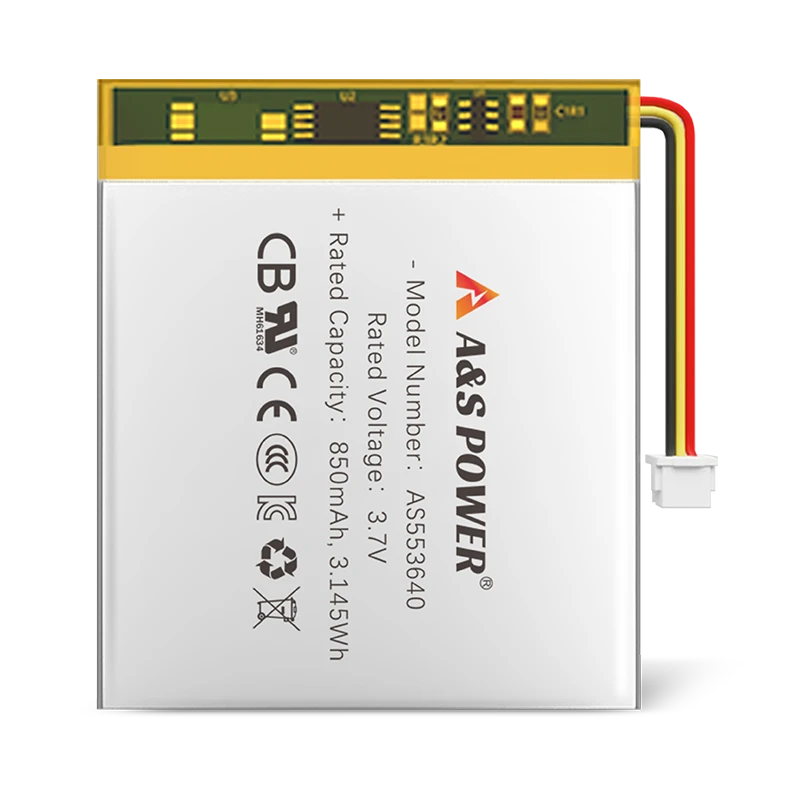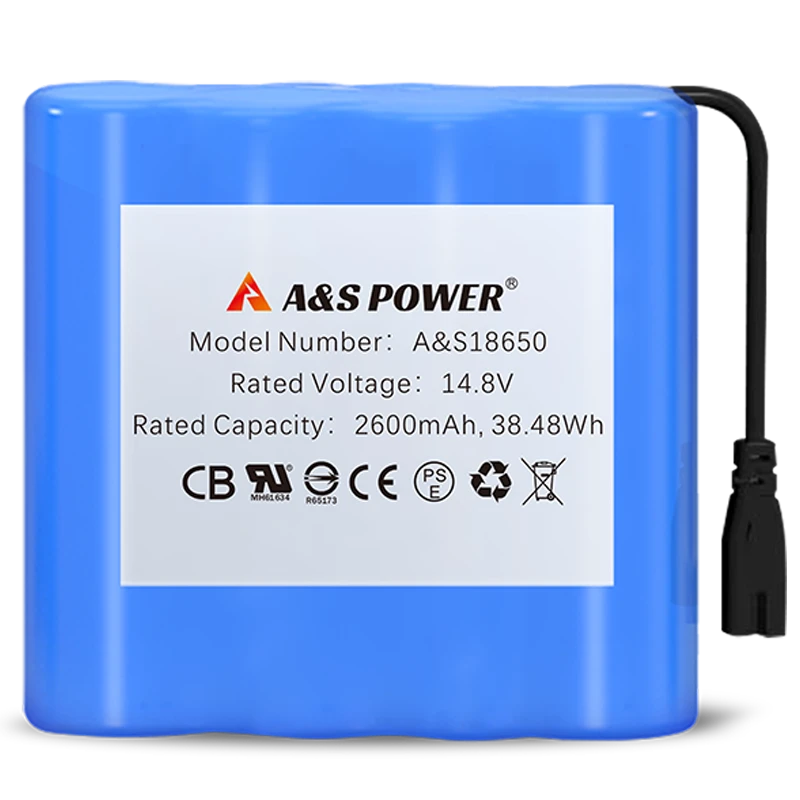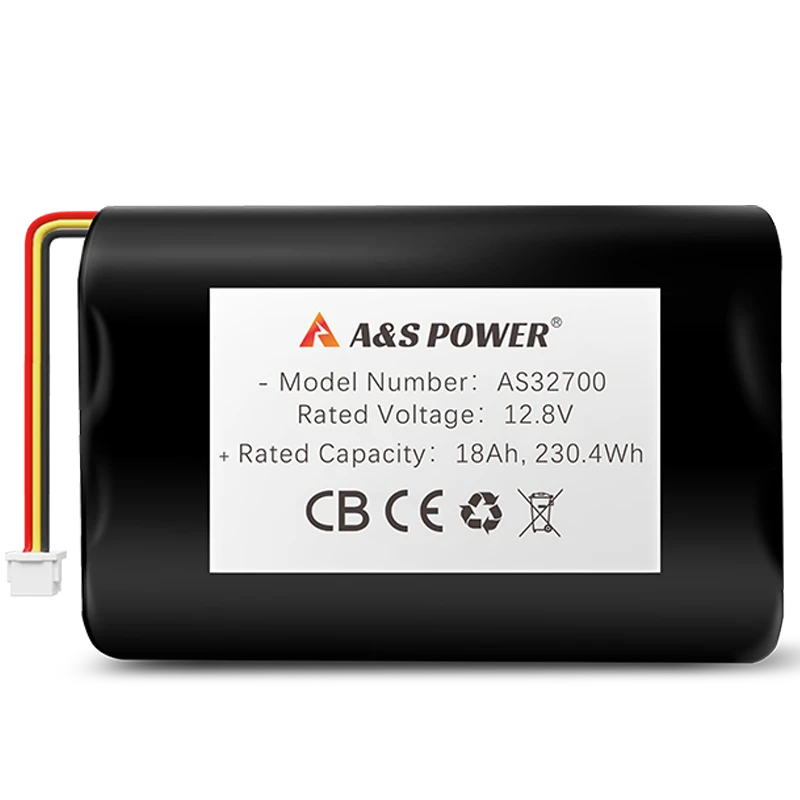What Certifications Are Required for 18650 Lithium Batteries for Export?
Why Certification Matters for Battery Export
The 18650 lithium-ion battery is widely used in portable electronics, power tools, energy storage, and electric mobility. As global demand rises, ensuring proper export certification is critical—not only for transportation and customs clearance but also for market access, customer trust, and brand competitiveness.
I. UN38.3 – The Mandatory "Passport" for Global Transport
UN38.3 is required for all lithium batteries shipped by air, sea, or land internationally. It tests battery resilience under extreme transport conditions such as:
-
Altitude simulation
-
Thermal cycling
-
Vibration and mechanical shock
-
External short circuit
-
Overcharge and forced discharge
A transport test summary must accompany the UN38.3 report for customs and logistics compliance.
II. MSDS – A Crucial Document for Logistics and Customs
While not mandatory, a Material Safety Data Sheet (MSDS) is widely requested by customs and shipping companies. It outlines:
-
Chemical composition
-
Fire-fighting and leakage response
-
Safe handling, storage, and disposal
Third-party institutions (e.g., SGS, TUV) often issue formal MSDS reports.
III. CE Certification – Required for EU Market Access
CE marking ensures compliance with EU directives on:
-
EMC (Electromagnetic Compatibility)
-
LVD (Low Voltage Directive)
-
RoHS (Restriction of Hazardous Substances)
Batteries integrated into electronic devices (e.g., power tools, power banks) must comply with CE standards for legal sale in Europe.
IV. IEC 62133 – The International Safety Benchmark
IEC 62133 is one of the most widely accepted safety standards for portable lithium batteries.
-
Covers overcharge, short circuit, vibration, drop tests, and more
-
Required in markets like the EU, Japan, India, Thailand
-
Often part of CE conformity declarations
Highly recommended for exports to Europe and Southeast Asia.
V. UL Certification – Gaining Trust in the U.S. Market
Although not mandatory in the U.S., UL is a trusted third-party certification for safety.
-
UL 1642: For individual cells
-
UL 2054: For battery packs
Required by major buyers, including medical, industrial, and consumer product sectors, as well as online platforms like Amazon and Walmart.
VI. PSE and KC – Japan and Korea’s Local Requirements
-
Japan (PSE): Mandatory for electrical products. Certification requires a registered local agent.
-
South Korea (KC): Based on IEC standards. Covers overcharge, short circuit, thermal safety.
These markets require localized certification through accredited agencies.
VII. RoHS and REACH – Environmental Compliance in Europe
While not always required for batteries alone, RoHS and REACH are increasingly important:
-
RoHS: Limits lead, mercury, cadmium, and other hazardous substances
-
REACH: Regulates Substances of Very High Concern (SVHCs)
Many EU customers now request environmental certifications as standard.
VIII. Conclusion – Certification as a Competitive Advantage
Obtaining the correct certifications for your 18650 batteries is essential for:
-
Legal export and customs clearance
-
Ensuring safety and quality
-
Gaining customer trust and market access
-
Reducing compliance risks and liability
Although certification can be time-consuming and costly, it signals professionalism and unlocks access to high-value global markets.
About A&S Power – Your Global Battery Certification Partner
At A&S Power, we’ve obtained over 200 certification reports for our lithium battery products, including:
-
110+ UL Certified Models
-
100+ CE Certified Models
-
Multiple models certified for KC, PSE, and more
Whether you need help understanding compliance standards or support in testing and certification, we’re here to help.
Contact us today to get expert guidance for your battery export business.
-

 May.2025.12.22What is a Nickel Cadmium Battery and How Does It WorkLearn More
May.2025.12.22What is a Nickel Cadmium Battery and How Does It WorkLearn More -

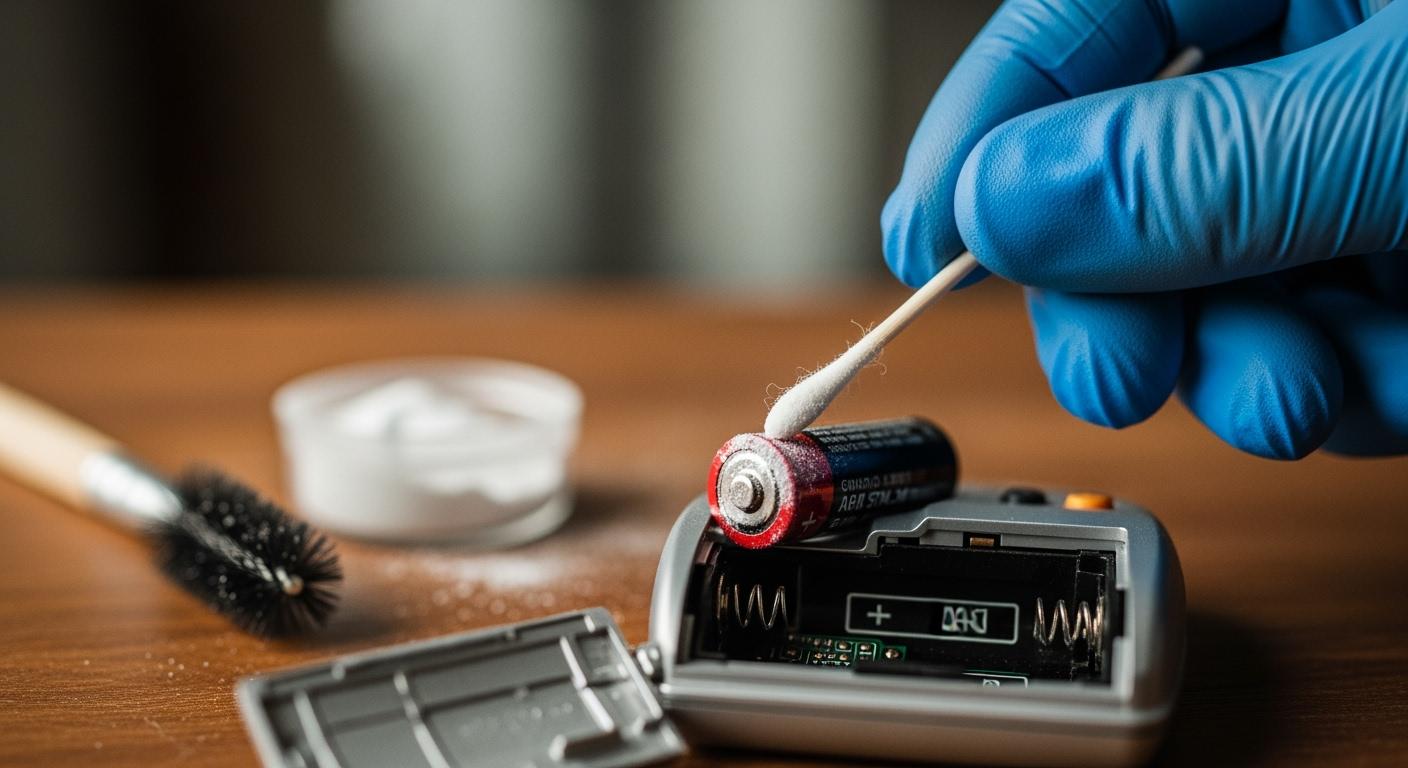 May.2025.12.22How to clean battery corrosion?Learn More
May.2025.12.22How to clean battery corrosion?Learn More -

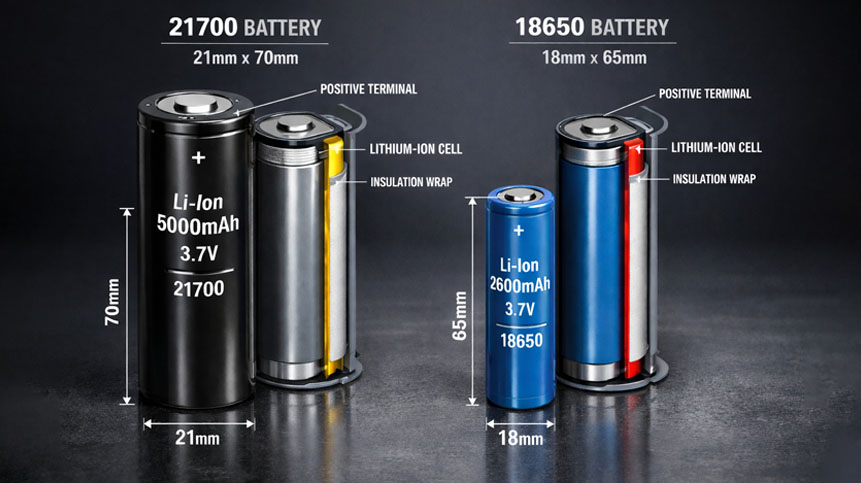 May.2025.12.2021700 Battery: Meaning, Comparison with 18650, and How to Choose the Best QualityLearn More
May.2025.12.2021700 Battery: Meaning, Comparison with 18650, and How to Choose the Best QualityLearn More -

 May.2025.12.19Medical Device 18650 Rechargeable Battery: What Buyers Must Evaluate?Learn More
May.2025.12.19Medical Device 18650 Rechargeable Battery: What Buyers Must Evaluate?Learn More -

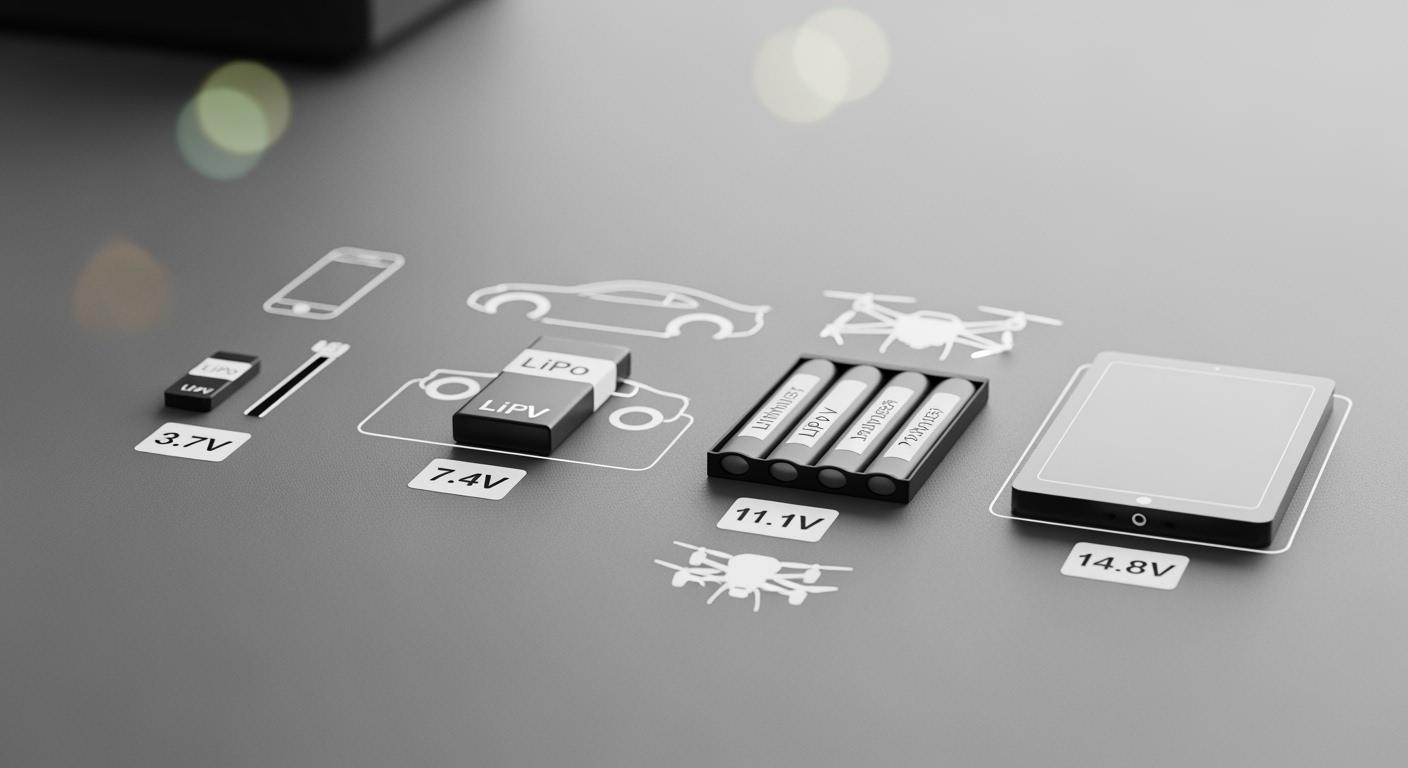 May.2025.12.19Common voltage types of lithium polymer batteries for different applicationsLearn More
May.2025.12.19Common voltage types of lithium polymer batteries for different applicationsLearn More




